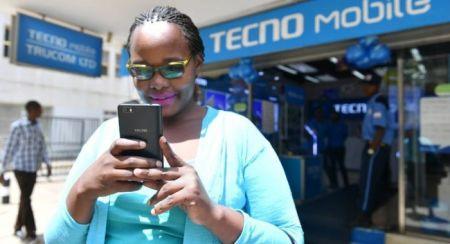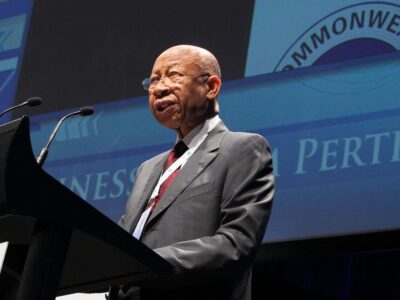
(Ecofin Agency) – The Covid-19 pandemic has forced telecom operators to expand their data capacities. But only a few people, mainly in urban areas, have benefited from this reform. According to the Global System Operators’ Association (GSMA), the mobile Internet penetration rate was 28% in sub-Saharan Africa in 2020 compared to a mobile penetration rate of 46%. The association attributes this gap to the high cost of the smartphone whose penetration rate is 48%.
GSMA revealed in “The Mobile Economy Sub-Saharan Africa 2021” report that of the 1,084 million people surveyed in the region, 303 million (28%) were connected, 206 million were not covered by a mobile network at all (19%) and 575 million people (53%) lived in areas covered by mobile broadband networks but were not yet using mobile Internet services.
On the same subject, Alliance for Affordable Internet (A4AI) stated in its 2020 report “From luxury to lifeline: Reducing the cost of mobile devices to reach universal internet access. Web Foundation” that the average price of a smartphone in Africa is $62. That is 62.8% of the monthly gross national income per capita. Sierra Leone ($265), Burundi ($52), Niger ($60) are some of the countries where the smartphone is considered expensive by the A4AI. Botswana ($26) is one of the most affordable countries.
Since last year, the coronavirus pandemic has increased the need for high-speed connectivity and smartphones in Africa. US-based International Data Corporation (IDC) found in its Quarterly Global Mobile Phone Tracker that overall, shipments in the African mobile phone market declined by 6.0% YoY in Q3 2020. Shipments of feature phones (basic phones that sometimes include multimedia features) fell by 11.2% YoY to 29.4 million units, while shipments of smartphones increased by 1.6% YoY to 22.9 million units.
GSMA and A4AI believe that the high cost of smartphones, which slows down access to mobile broadband Internet for many people, may hinder their participation in the digital economy. The entities suggest that universal access and service funds that focus their efforts on broadband infrastructure deployment review their approach to include accessibility of mobile devices, including smartphones.
Muriel Edjo











Comments